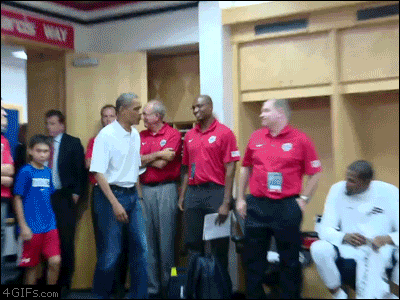6.4. Personas, Code Switching, Context Collapse#
The way we present ourselves to others around us (our behavior, social role, etc.) is called our public persona [f20]. We also may change how we behave and speak depending on the situation or who we are around, which is called code-switching [f21].
While modified behaviors to present a persona or code switch may at first look inauthentic, they can be a way of authentically expressing ourselves in each particular setting. For example:
Speaking in a formal manner when giving a presentation or answering questions in a courtroom may be a way of authentically sharing your experiences and emotions, but tailored to the setting
Sharing those same experiences and emotions with a close friend may look very different, but still can be authentic
Different communities have different expectations and meanings around behavior and presentation. So what is appropriate authentic behavior depends on what group you are from and what group you are interacting with, like this gif of President Obama below:

Fig. 6.6 President Obama giving a very different handshakes [f22] to a white man and a Black man (Kevin Durant [f23]). See also this Key & Peele comedy sketch on greeting differences [f24] with Jordan Peele [f25] playing Obama, and also Key & Peele’s Obama’s Anger Translator sketch [f26].#
Read/watch more about code-switching here:
Still, modifications of behavior can also be inauthentic. In the YouTube Video Essay: YouTube: Manufacturing Authenticity (For Fun and Profit!) [f29] by Lindsay Ellis, Ellis explores nuances in authenticity as a YouTuber. She highlights the emotional labor [f30] of keeping emotional expressions consistent with their public persona, even when they are having different or conflicted feelings. She also highlights how various “calls to action” (e.g., “subscribe to my channel”) may be necessary for business and can be (and appear) authentic or inauthentic.
6.4.1. Context Collapse#
Since we have different personas and ways of behaving in different groups of people, what happens if different groups of people are observing you at the same time? For example, someone might not know how to behave if they were at a restaurant with their friends and they noticed that their parents were seated at the table next to them. This is phenomenon is called “context collapse [f31].”
On social media, context collapse is a common concern, since on a social networking site you might be connected to very different people (family, different groups of friends, co-workers, etc.). Additionally, something that was shared within one context (like a private message), might get reposted in another context (publicly posted elsewhere).
6.4.2. Reflection Questions#
How do you notice yourself changing how you express yourself in different situations, particularly on social media?
Do you feel like those changes or expressions are authentic to who you are, do they compromise your authenticity in some way?
